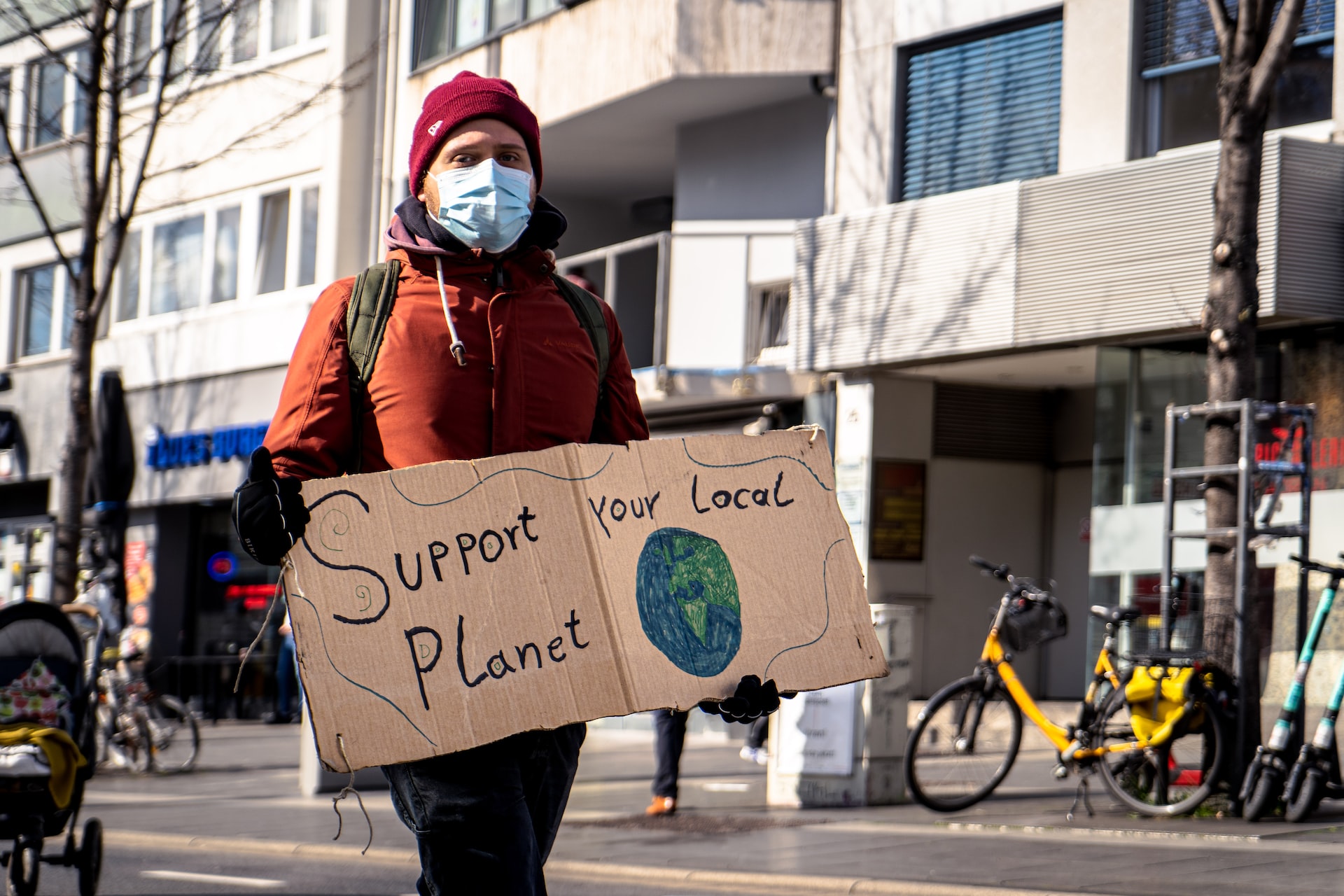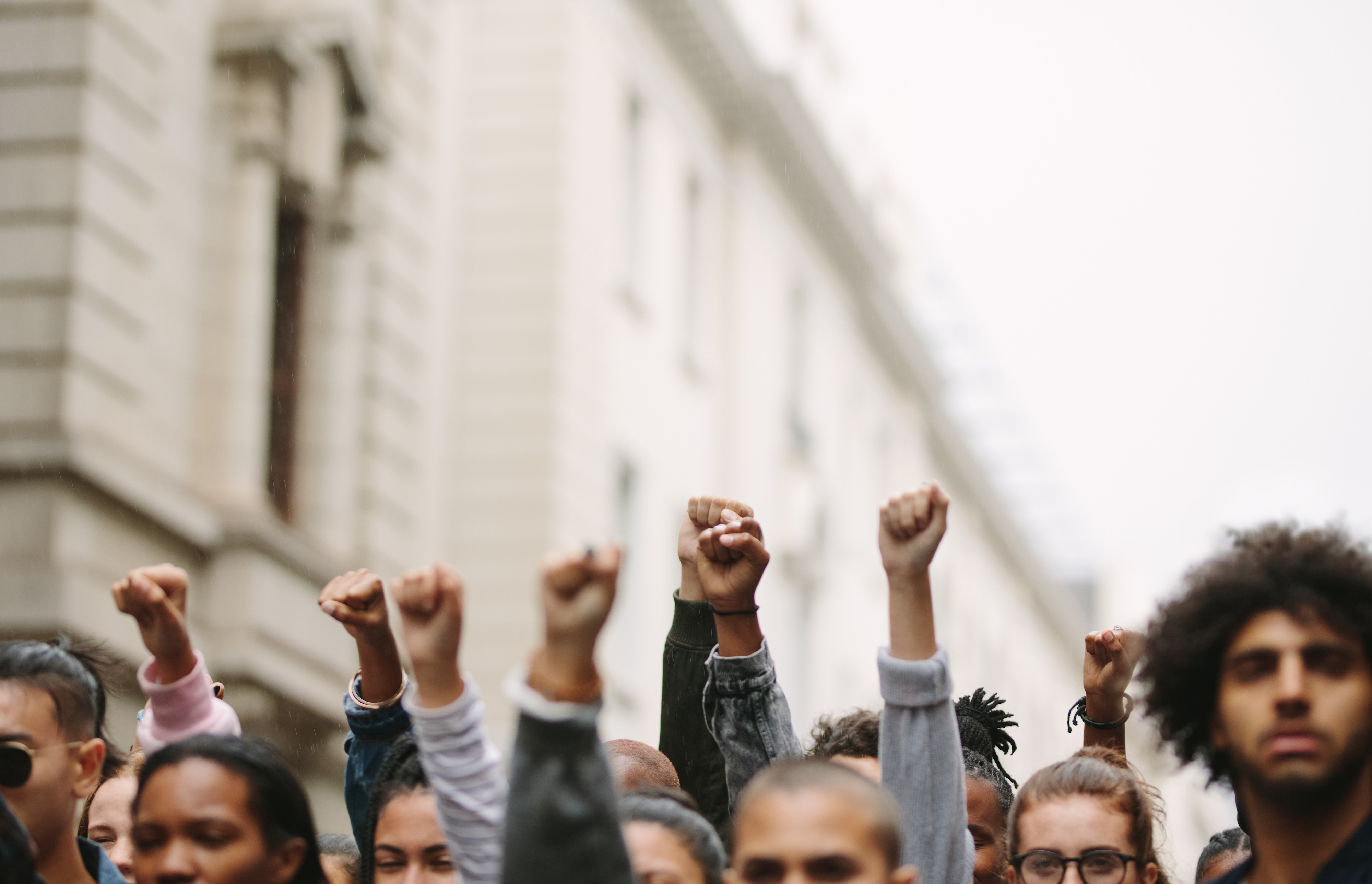Polarization goes both ways
In a recent development, members of the civil disobedience group Extinction Rebellion were paid a visit by law enforcement officials amidst their plans to carry out a highway blockade as part of a fresh wave of protests. A spokesperson for the police expressed concerns about potential radicalization, sparking a thought-provoking discussion on what qualifies as extremism in the context of a ‘just cause’. When does activism cross the line into radicalism, and is it possible to be a radical while fighting for what people believe to be a righteous purpose? Let’s dive deeper into these complex questions.

What is radicalisation
There are some instances where radicalisation is evident, these include cases like far right extremism in the United States or Islamic extremism and Jihad. But the term leaves some space open for debate. The term extremism or radicalization is often used to describe groups that are willing to use violence in order to achieve their goal. On the other hand, some definitions stretch the boundaries of radicalization by describing it as anything that opposes the established political, social, or religious norms. This vagueness leaves much to interpretation and broadens the scope of what qualifies as radicalization. The huge amounts of tractors that occupied the highways to and from The Hague as well as the civil disobedience tactics of Extinction Rebellion, a climate justice organization, could be categorized under these terms. Major of Haarlem, Jos Wienen for example stated that groups like Extinction Rebellion sometimes have the goal of occupying the police for as long as possible resulting in serious situations when the police cannot reach situations where they are desperately needed like robberies or car accidents
Radical to a righteous cause?
Since 2019 the term eco- activism is officially incorporated into reports of The National Coordinator for Counterterrorism and Security. So it is not only us that is questioning a possible extremist character of certain climate organizations. Is this concern legitimate however? Realistically, groups like Extinction Rebellion aim to create a sense of urgency and drive on action towards climate change, not to radicalize individuals or incite violence. Extinction Rebellion’s methods mostly include non violent disobedience, a legitimate form of protest in most Western democracies. So, radicalization? It does not seem to be an accurate term in this instance, but the line between climate justice and extremism is thin. Activist stronghold village Lützerath illustrates almost apocalyptic practices: abandoned houses, overgrown with weeds and anarchistic slogans daubed on the wall. Activists are occupying the small German town to prevent the extraction of coal, they cover their faces with masks and barricade the town to keep the police out. Tensions between police and protesters are sky high and police act in full combat mode, bullet proof vests and all. These police actions are met with violence, that sometimes seem to resemble an episode of an action movie.
Extremism causes radicalisation
It is actions like these, both by climate activists and police that polarize public opinion. For instance, if Extinction Rebellion decides to block a major road, it could bother a large number of people. These people might view the group’s actions as disruptive and extreme, and they may become more resistant to the message of climate change action. Extinction Rebellion’s response? “There is no alternative”. Existential issues like climate change split society into two camps, promoting extremist behavior and polarization. This has brought us into a circle, extreme problems result in extremist thought which polarizes society, which brings us no step further into solving the issue.
Despite the contested definition of radicalization, it is clear that the resulting polarization is universal. When individuals adopt extreme views, they often become less willing to compromise or consider alternative perspectives. This can lead to a breakdown in communication and understanding, which can have negative consequences for individuals and society as a whole. The resulting polarization can create an “us versus them” mentality, which fuels conflict and social unrest.
Inhibiting radicalization
Every issue can become polarized, even it about a more universally accepted ‘just’ cause such as climate change or farmers rights
How to break the circle of polarization is a question we cannot answer. What we do know however is how extremist thoughts are most effectively prevented: through inoculation. By incorporating games like our own Radicalise into contemporary education programs, students learn to identify extremism, and why these thoughts are so good at convincing you to join. It may seem small but if we can do our part in creating a slightly less polarized society, you bet we will do it. It doesn’t matter if the issue is farmers rights, religious rights or climate change, because the polarization resulting from extremism in any field is universally harmful.






